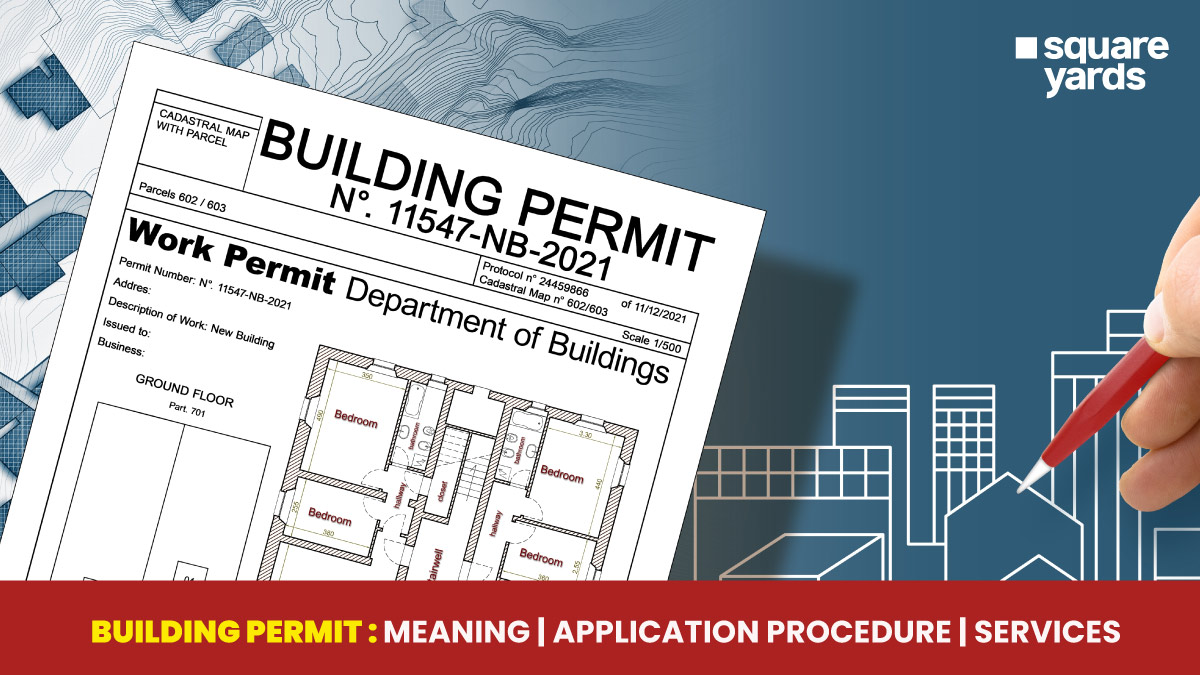You must have seen organisations that choose to invest in real estate properties. Do you know what exactly the framework is behind this investment? This does not add to their asset but also creates an allowance for their workforce. Co-operative housing for rent has been adopted widely by big MNCs. In this way, the comfort of staying at a credible place near the work ambience is suitable and easy to manage.
But this ownership is not an easy concept to tackle. Let us dig into the subject to interpret its features and benefits and management body effectively. Co-op living can be a good insight to include in your company’s investment plan in case you are a brewing firm in Toronto.
What is Co-operative Housing?
Cooperative housing is a legal body often consisting of a corporation or cooperative that owns real estate that includes one or more residential structures. It is governed by the cooperative legal system, which is often in place at the regional or national level. Cooperatives are also the only type of business organization that has a definition that is accepted globally.
Cooperative housing societies, also known as co-op living, are governed and run in accordance with seven cooperative principles. Cooperatives are founded on the principles of self-help, self-reliance, democracy, equality, equity, and solidarity, which are equally significant.
The cooperative corporation is a membership-based organization, with membership obtained by purchasing cooperative shares. The right to co-op living units is granted to each shareholder or member of the co-operative housing.
How to Apply to Live in Co-operative Houses?
Here are the enlisted steps that can help you apply for cooperative society:
- Go to MyAccesstoHousingTO, the official website of cooperative housing for rent and beyond.
- Anyone interested in applying but cannot afford the full or "market" housing costs should speak with the co-op directly to learn more about the procedure. The Co-operative Housing Federation of Toronto has a list of co-ops in Toronto (CHFT).
- Before signing an occupancy agreement, most housing cooperatives schedule a meeting with prospective members. This enables the co-op homes and the applicant to decide whether this housing opportunity is appropriate.
Co-op Homes Charges
In co-op living, the monthly rent paid by the members is referred to as a "housing charge."
Co-op housing for rent has the right to collect the full amount of the housing charge on the due date. Similarly, members must pay their housing charge in full on the due day.
Co-operative Housing Laws
The rules and guidelines that control and specify some aspects of co-operations op's are known as by-laws. These lay forth the guidelines that the co-op housing for rent and its members must abide by.
All members must be able to access the bylaws or rules and regulations. You can ask for them through the management office of your co-op homes. During regular business hours, housing cooperative members are entitled to inspect and make copies of certain papers. These records consist of:
- Articles of incorporation for the cooperative
- The bylaws, resolutions, and special resolutions of the co-op
- the co-op membership register the co-op directors registry
- the records of member and committee meetings
- the database of all securities transfers
How to Resolve Co-op Living Conflicts?
The occupancy agreement (which is akin to a lease) and the co-by-laws op's govern the member's relationship with the cooperative.
It is a condition of co-op membership that grievances regarding the co-activities op's shall be handled internally. Members can cast ballots in co-op board elections and participate in its management. The membership votes on wider choices, but day-to-day decisions are left to the board of directors and employees.
Contact the co-management op's office and enquire about the complaint procedure if you want to complain about how your co-op is being run. If your complaint has not been satisfactorily addressed during this procedure, you can raise it to the board of directors.
The Co-operative Housing Federation of Toronto (opens in a new window) offers mediators for conflicts between individuals or groups in co-ops when co-ops cannot resolve a disagreement on their own.
Co-op Repairs & Maintenance
The co-op living is responsible for maintaining the building and the dwelling units in excellent condition. The co-op is in charge of repairing any damaged or malfunctioning building and housing unit components (for example, a broken refrigerator, a clogged drain or leaking pipes).
Before requesting services for problems like pests, inadequate or nonexistent heating, plumbing issues, leaky ceilings, or issues in communal areas of the building, members should contact the co-management op's office.
Follow the co-dispute op's resolution policies and processes if no action is taken and issues continue. You can address your concern in writing, email it to the board of directors, and ask for a written response.
The RentSafeTO initiative of the City does not cover Co-operative Housing. Members and co-op management should collaborate to keep the building in good condition.
The Eviction Process
Co-ops are likewise subject to the eviction procedures and rules set forth by the Landlord and Tenant Board (opens in new window).
To expel a member, a co-op must follow the LTB guidelines. A co-op member has numerous opportunities throughout this procedure to resolve the issue, pay back arrears, and/or stop the eviction.
To remove a member, cooperative housing societies cannot alter the locks or shut off necessary services. Only the Sheriff, acting on a directive from the Landlord and Tenant Board, is authorised to carry out this action (opens in new window).
When getting a notice of eviction, a co-op member is not required to leave immediately. If you do not want to leave, the co-op will need to submit an eviction application to the LTB. The LTB hearing will decide whether or not the eviction will go forward.
To learn more about the eviction procedure and your choices, visit Understand & Fight Evictions.
End Thoughts
We have covered the utmost umbrella falling in Co-operative Housing that can give the complete idea of why your company must also have this backend asset. Inculcating cooperative housing societies strengthens you to become a brand where your employees would pay a long-lasting association.








































